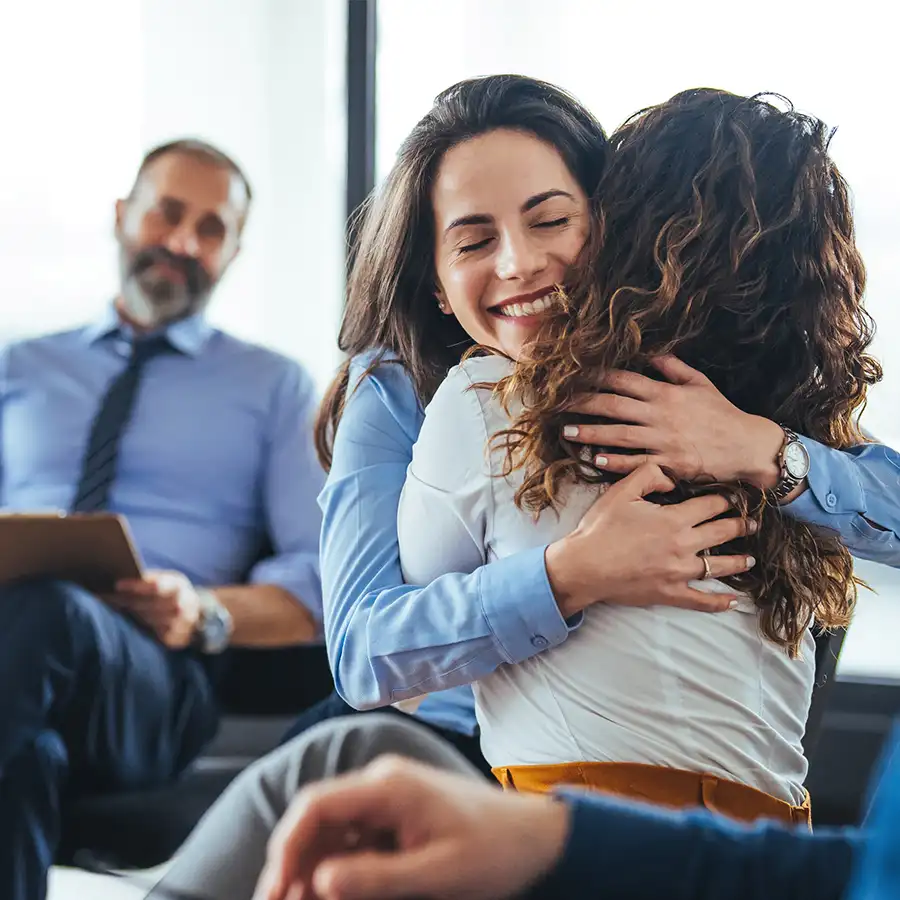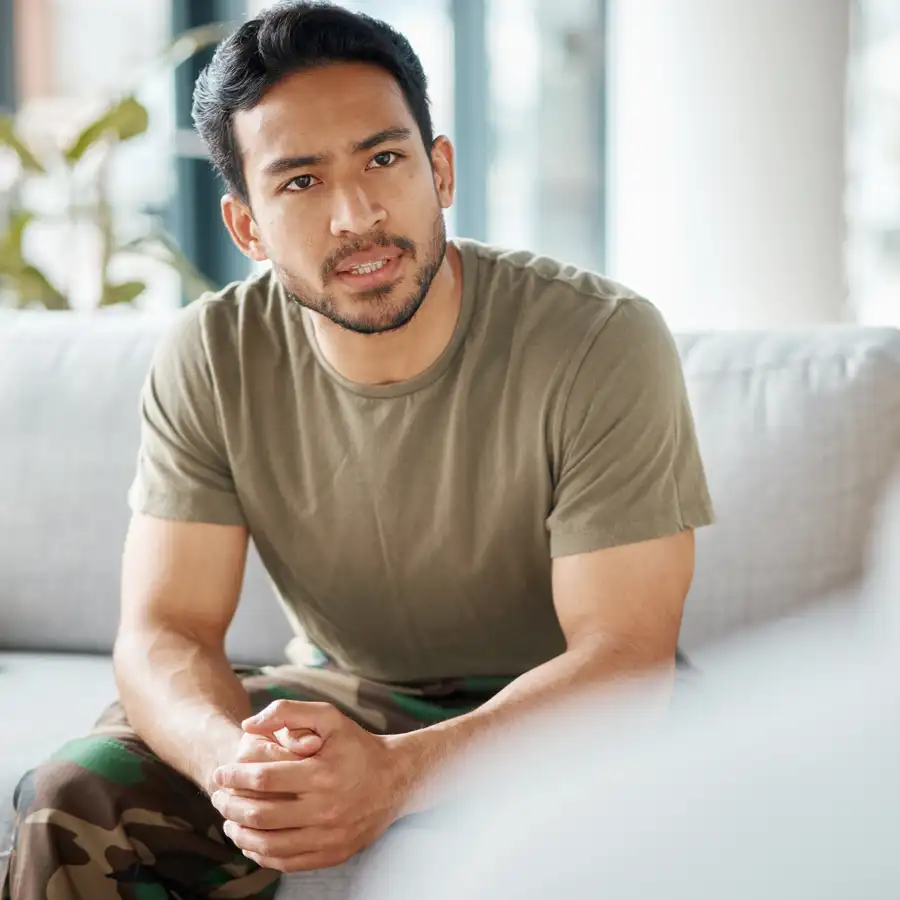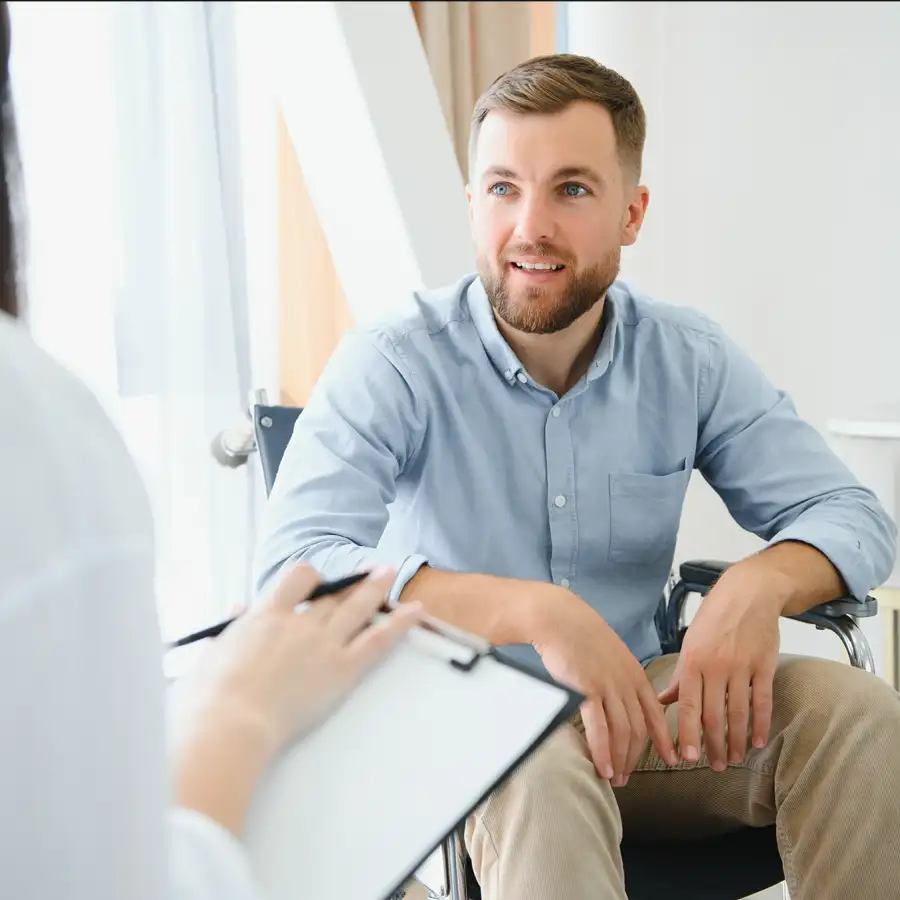Whole Wellness Recovery Programs.
Comprehensive addiction recovery for adult males set on 163 serene acres in Choudrant, Louisiana. Healing mind, body, and soul through evidence-based care.

Discover our transformative campus.
Lorem ipsum dolor sit amet, consectetur adipiscing elit, sed do eiusmod tempor incididunt ut labore et dolore.
Frequently Asked Questions
Common questions answered about our therapy services and comprehensive addiction treatment services.
We offer a full continuum of care including Residential treatment in our therapeutic environment, Partial Hospitalization Program (PHP) as a bridge to outpatient care, Intensive Outpatient Program (IOP) for gradual reintegration, Life Skills training for daily living independence, and a comprehensive Family Program to heal the entire family system.
We specialize in treating adult males with co-occurring disorders, drug and alcohol addiction, pornography/sexual compulsion, trauma-related issues, mental health challenges, and family conflict through our trauma-centered approach to recovery.
Our unique 163-acre campus in Choudrant, Louisiana provides a serene natural environment that fosters healing. We believe in whole wellness, integrating mind, body, and soul healing through evidence-based therapies, adventure therapy, nutrition education, physical fitness, spiritual guidance, and trauma-informed care.
Our residential program is structured to meet individual needs, with treatment length determined collaboratively between our clinical team and each resident based on their specific recovery goals and progress.
Absolutely. We believe addiction is a family disease, so our Family Program includes experiential activities and psychoeducation to help families gain empathy, rebuild trust, improve communication, and break generational patterns of dysfunction.





